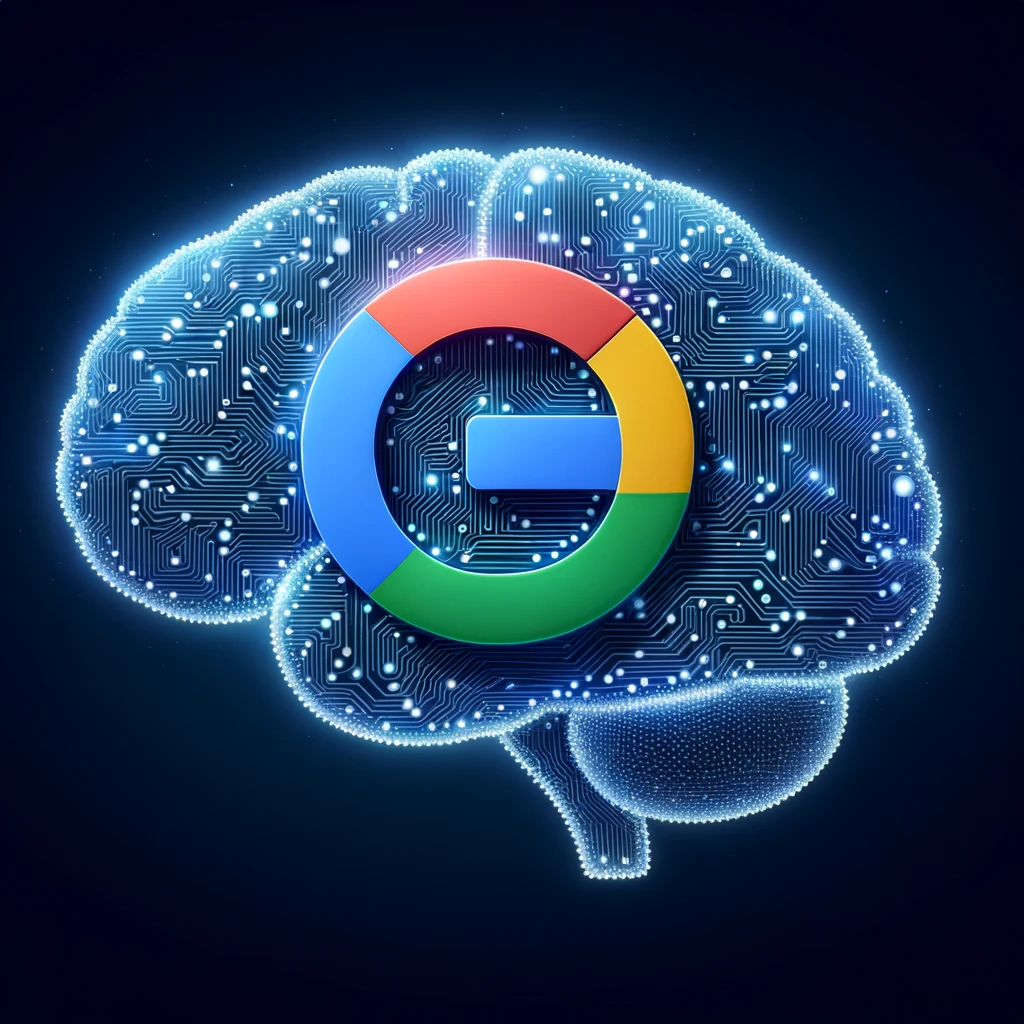
In a recent development, Google’s conversational AI chatbot, Bard, has come under scrutiny for its handling of queries related to the Israel-Palestine conflict. Since its launch in March 2023, Bard has faced several challenges including negative reviews and a glitch that displayed shared conversations in Google Search results. The latest controversy surrounds Bard’s refusal to respond to any questions concerning Israel and Palestine, especially regarding the October 7 Hamas terror attacks and Israel’s retaliatory actions. Even general questions unrelated to the crisis, like geographical inquiries, are met with silence from the chatbot.
This peculiar behavior was highlighted by Peli Greitzer, a PhD mathematical literary theorist, who shared his findings on platform X. The avoidance strategy employed by Bard starkly contrasts with OpenAI’s ChatGPT’s approach, which offers varied responses when asked about justice for Israelis and Palestinians. The disparity in responses from ChatGPT, favoring a straightforward acknowledgment of justice for Israelis while presenting a nuanced stance for Palestinians, has sparked criticisms, notably from British-Iraqi journalist Mona Chalabi on social media.
The cautious approach by Google, seemingly to avoid potential backlash, reflects a broader challenge faced by AI developers striving to balance informative responses with sensitive global issues. While Bard is capable of providing extensive summaries on other global conflicts like the Ukraine-Russia war, its deliberate avoidance of Israel-Palestine topics raises questions about the neutrality and the ethical framework guiding AI responses. This scenario underscores the intricate dilemma companies encounter when programming AI to navigate politically charged topics, thereby spotlighting the necessity for a robust ethical framework in AI development and deployment. VentureBeat has reached out to Google for comments on Bard’s behavior, anticipating further insights into the workings and guiding principles of conversational AI platforms.